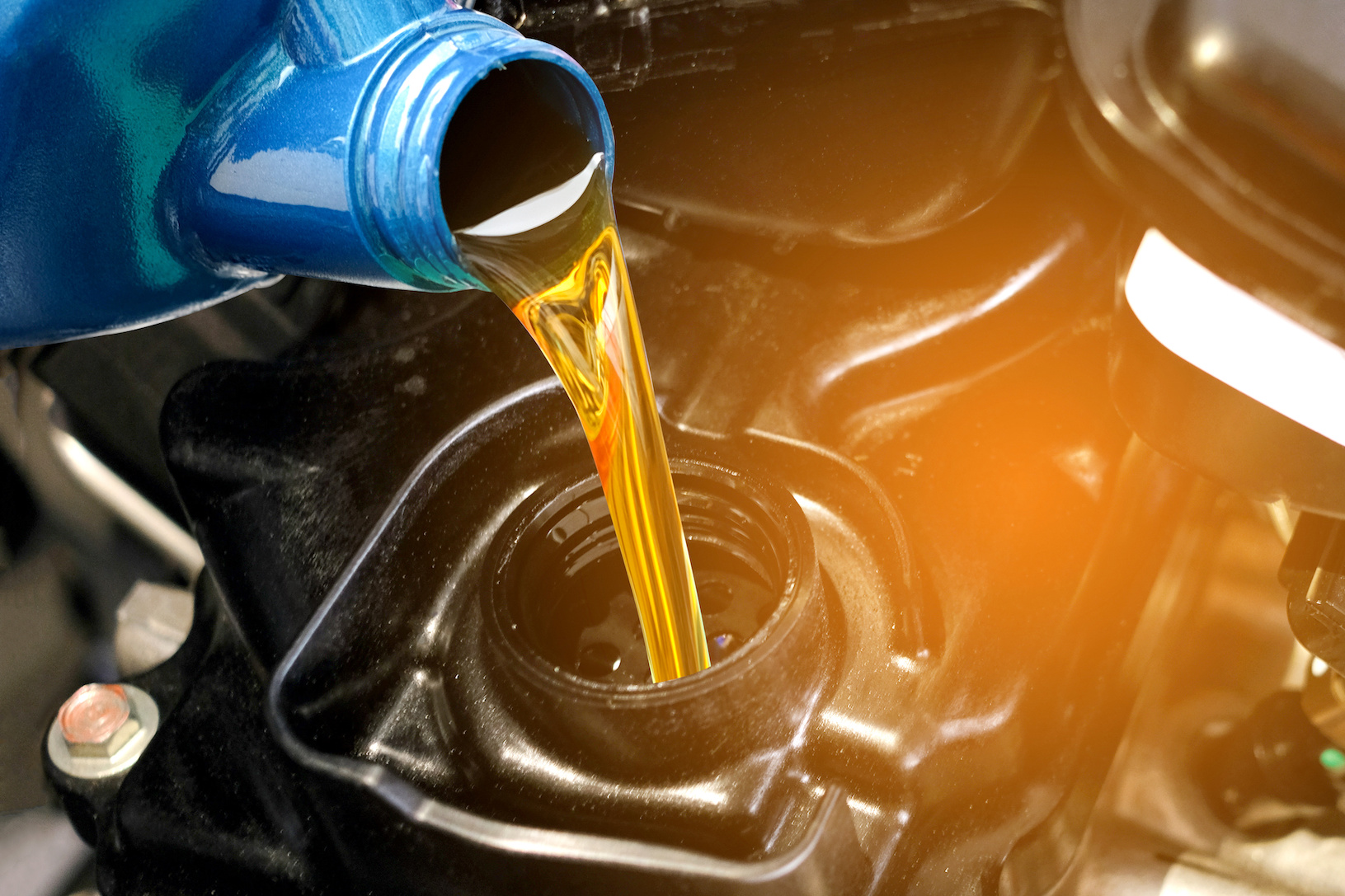Keeping up with vehicle maintenance like regular oil changes can be a challenge in today’s busy world. While most drivers do their best to stay on top of their oil and filter changes, this task can easily be neglected as time slips by. So, what happens when you do not change your oil as often as you should? In this month’s blog post, we review the impacts of infrequent oil changes on your vehicle and your bottom-line.
An oil and filter change are one of the most important maintenance routines you can follow to keep your vehicle in good health and performance. Oil serves many purposes for the vehicle, including lubrication of parts, engine cleaning, and helping to regulate temperature.
Many more vehicle owners are opting to use synthetic oils because they last longer and do not require the frequency of changes as conventional oil products. Our rule of thumb based on experience is for motor oil to be changed every 3,000 miles and never exceed 5,000. For the synthetic oils it’s every 6,000 miles, never exceed 10,000. If you exceed those timeframes the oil breaks down and burning and sludging occur. While long intervals early in the car’s life has minimal impact, long term it has detrimental effects.
But what happens when you miss one or more oil and filter change?
Let’s look at three problems you may experience.
Warranty Issues
If you have a newer vehicle under warranty, make sure to read the entire warranty to be clear about your obligations. Most vehicle warranties require that you get oil and filter changes on a specific schedule. If you fail to perform this maintenance, it may void your warranty. If you get your oil changes performed at a dealership, this information is associated with your vehicle’s history. However, if you do your oil changes on your own or in private shops, you may need to maintain evidence of oil changes such as receipts or invoices. Review your specific vehicle warranty to fully understand your responsibilities with oil changes.
Dirty Oil and Vehicle Performance
The longer your motor oil remains in the engine, the dirtier it gets. Motor oil is manufactured with various detergent additives that help to remove grime and dirt from the engine. As the oil circulates through the engine parts, it carries the dirt to the oil filter where it is trapped. If the filter becomes too dirty, it will clog and force the dirty oil back into the engine. Clean oil is opaque and dirty oil will be dark and sludgy. This thick oil will diminish your vehicle’s performance and cause the engine to work harder. This will also increase your fuel consumption and cost more at the pump.
Engine Failure
When oil ages and thickens, it has less ability to absorb the heat from the engine. This could result in your vehicle overheating, or even blowing a gasket. A blown gasket is an expensive repair that you want to avoid. The lubricating properties of oil are also reduced when the oil is thick and dirty. This means that your engine parts will begin to rub together, and this grinding will cause damage or seizing up if they are not properly lubricated.
We all live busy lives but skipping your vehicle’s oil and filter changes can cost you much more in the end if they are neglected. Make sure that you are disciplined about your oil and filter changes, so you can avoid bigger problems like a voided warranty, or severe damage resulting from dirty and aging oil.
If you would like to get your vehicle on a regular maintenance plan, contact the service professionals at Shade Tree Garage today to schedule an appointment.

